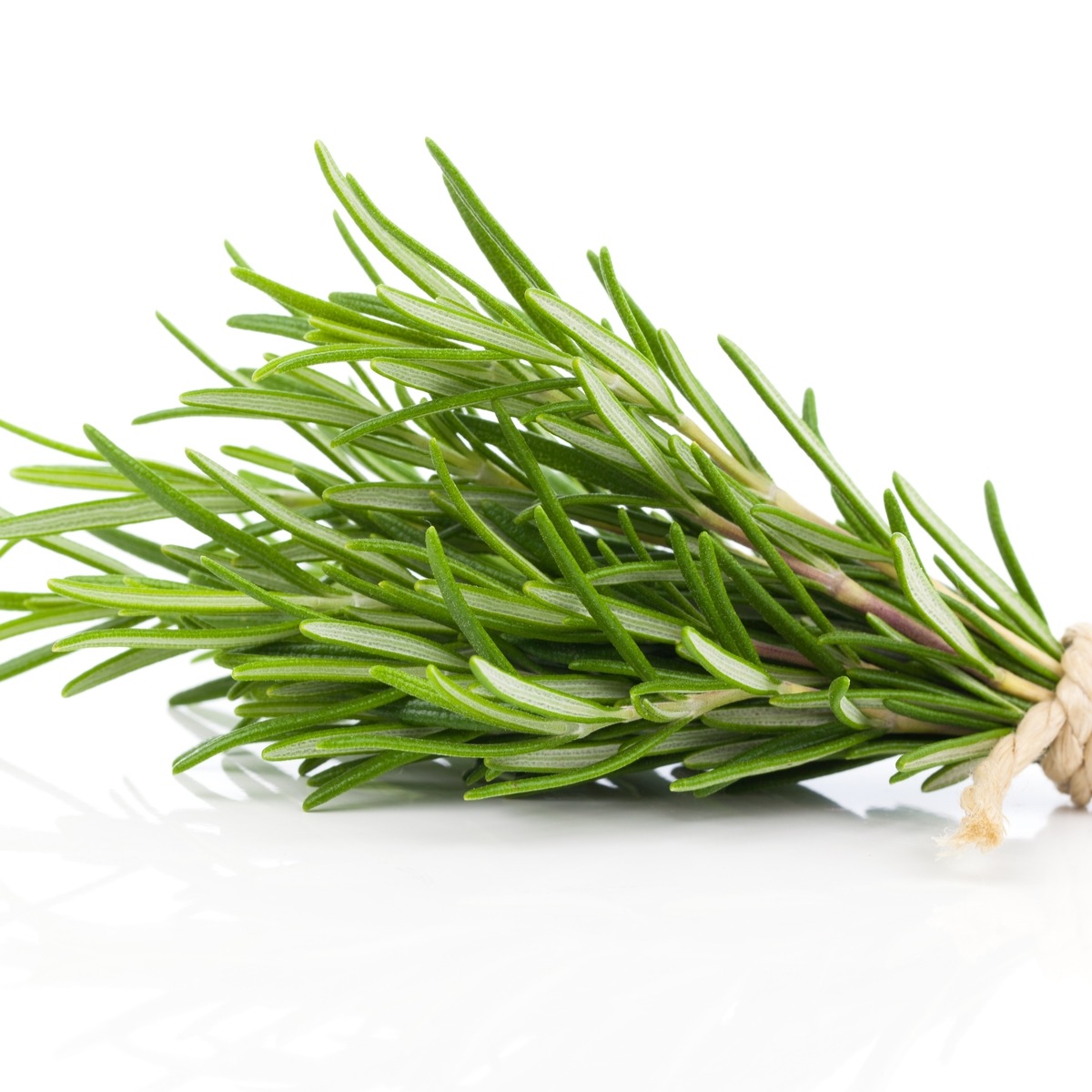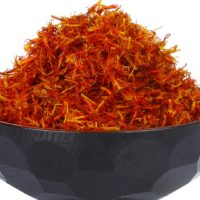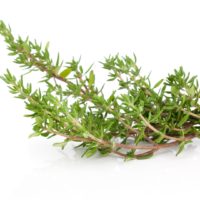![]()
WHAT IS ROSEMARY?
This evergreen shrub from the warmer climates of Europe is highly aromatic and is actually related to mint! The name comes from the Latin translation of “sea dew.” This was due to the myth that this plant grows best near the beach. With its needle-shaped leaves, drought-resistant nature and tendency to ward off bugs, rosemary is a popular ornamental plant. Much like with bamboo, despite its delicious nature, it is considered to be an invasive species.
WHY IS ROSEMARY GOOD FOR YOU?
This plant is a rich source of the minerals manganese, iron and calcium as well as vitamin B-6. Historically this herb has been considered to be good for the brain, though recent studies have had trouble supporting this. But in very high doses rosemary can actually be poisonous. However in very high quantities, even basic ingredients like water can be toxic for your health (it’s called drowning). This is why aroma therapists using rosemary infused oil are careful with its application (a no no for pregnant women).
WHEN IS ROSEMARY IN SEASON?
This plant thrives year-round though it prefers bright sunlight and well drained soil. It typically flowers from Spring onward but will die in below freezing temperatures.
HOW SHOULD ROSEMARY BE STORED?
For a fresh sprig store in a zip lock bag with a wet paper towel for at least several days. Rosemary unlike other herbs such as basil is easy to dry and retains its flavor. When dried out completely seal in a zip lock bag and freeze. Or instead of freezing use the dry needles to infuse some olive oil for about a week. Then filter out the organic debris leaving the now flavored olive oil for future kitchen use.
DID ROSEMARY MAKE ME GO BALD?
Actually rosemary does quite the opposite. It is inherently anti-bacterial in nature, and one of the main causes of baldness is alopecia. So as cures go it only works if an infection or unhealthy scalp is the culprit. However rosemary oil is a safe and irritant-free treatment.




